Fed up with AI slop? Here’s how DuckDuckGo can help
If you’ve had enough of AI-generated images filling up your search results, then the DuckDuckGo search engine is here to help.The Pennsylvania-based c
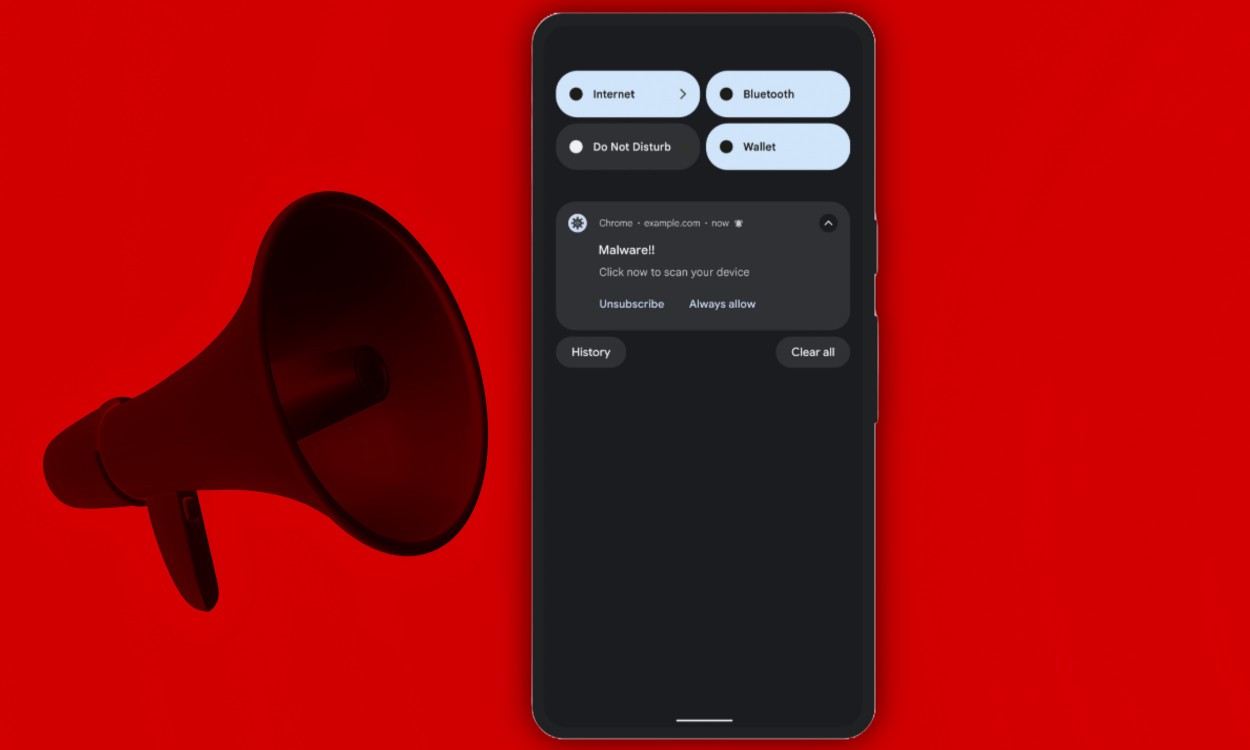
Google’s Chrome browser has offered a rich suite of privacy and safety features for a while now. Take, for example, Enhanced Safe Browsing, which was introduced back in 2020. It protects users against unsafe websites and files by using real-time threat detection.
Three years later, Google switched it from an opt-in mode to a default safety protocol to guard users against phishing attacks, bad extensions, and malicious downloads. Now, the company is deploying its Gemini Nano AI to safeguard smartphone users against potential online scams, especially those hiding as a tech security warning on webpages.
Bad websites that show users a fake security warning often employ a recognizable pattern of tactics. Gemini Nano has been trained to identify these tricks to deceive users. As soon as a website exhibits risky behavior, the AI will identify the real intent behind the warning and share it with the Safe Browsing system.
If the webpage is flagged as potentially risky and shows signs of a digital scam, the web browser will send a notification alert to users. Down the road, Google hopes to leverage this system for tackling package tracking and toll scams, too.
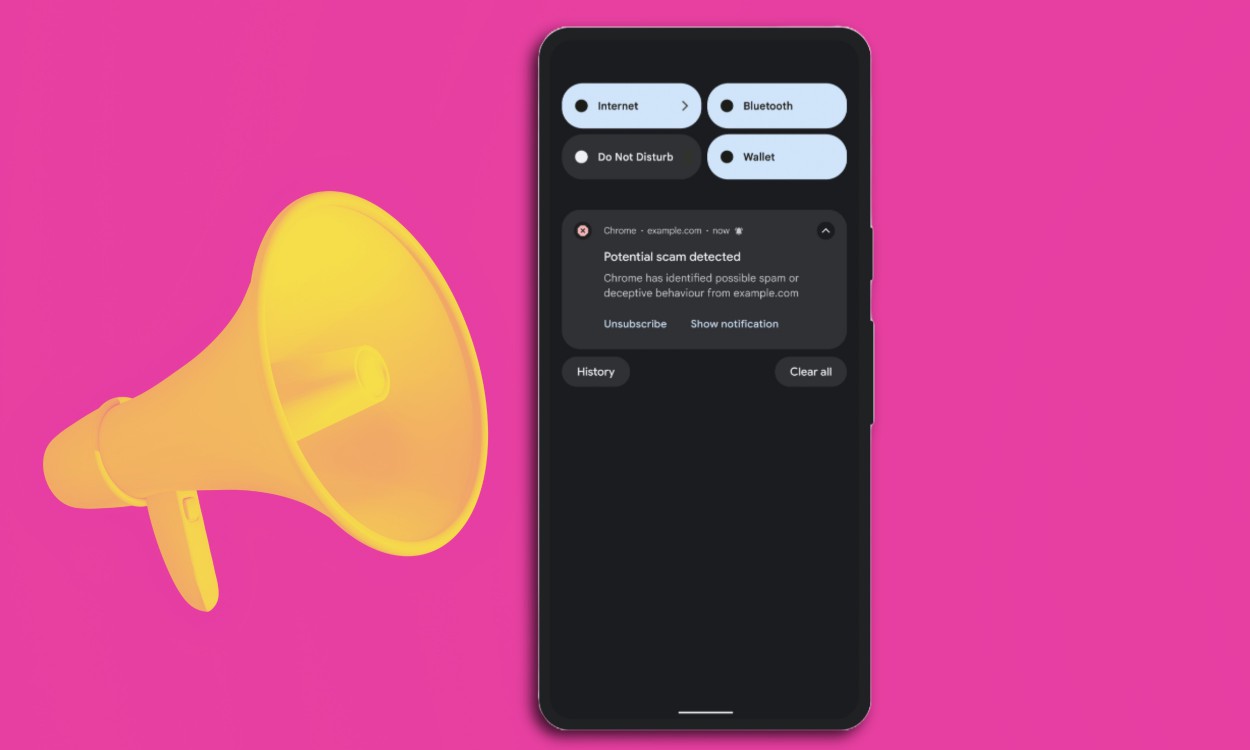
Such notifications will show the website’s name, alongside a warning message about its spammy nature. Aside from unsubscribing with a single tap, users can also choose to whitelist it if the new security feature in Chrome misfires.
Users can choose to unsubscribe directly from the notification banner or choose to view the blocked web content. This feature will first land on Android smartphones later this year, though the company hasn’t detailed any hardware or software requirements for implementing it.
“To start, this feature is only available on Android as the majority of notifications are sent to mobile devices,” says the company. Google, however, adds that it will explore whether Chrome’s new AI-powered security guardrails can also be extended to other platforms.
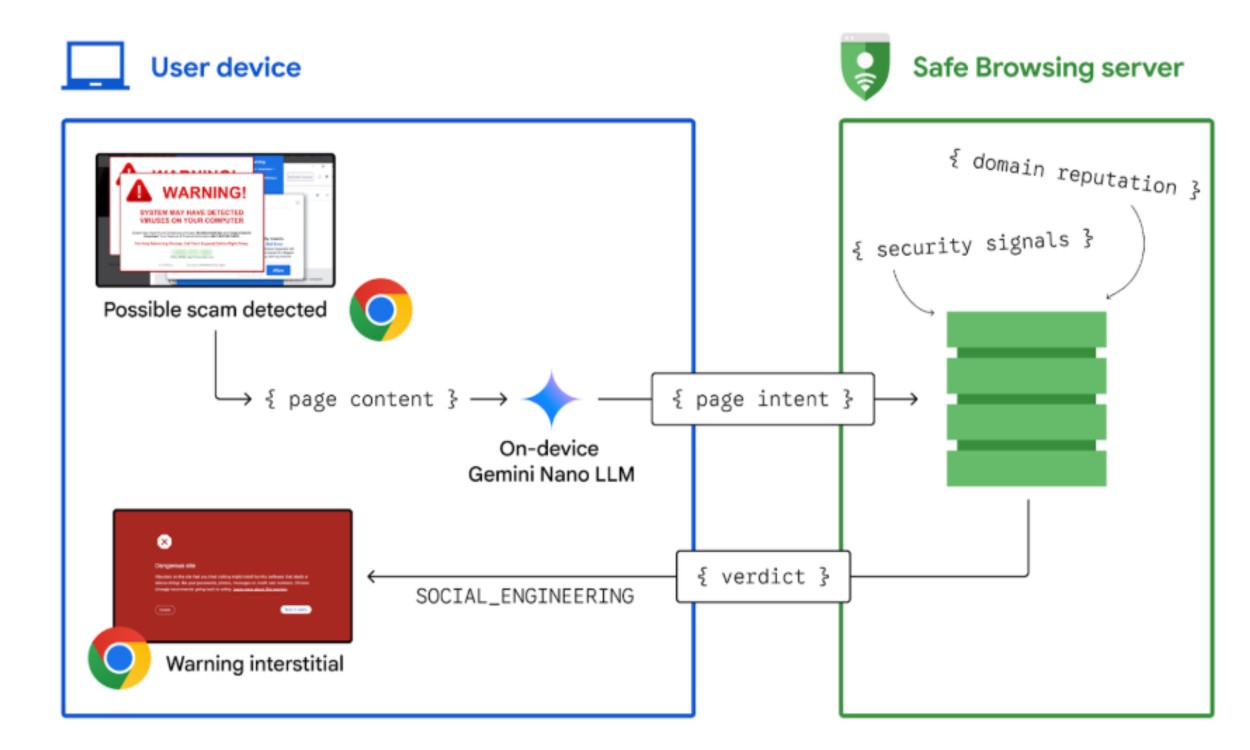
Tech support scams, where a website shows an alert message and warns users that their device is infected with a virus, are rampant these days. Google says these sham websites often render in varied ways for users, which makes it necessary to assess the threat just the way users see them. This is where AI comes into the picture.
So far, Google has relied on a system that performs real-time matching for blocklisted content, and a small sample of browsing data is also shared for security purposes. But with Gemini Nano coming into the picture, the security scan happens on-device, bringing a crucial advantage.
“We’ve found that the average malicious site exists for less than 10 minutes, so on-device protection allows us to detect and block attacks that haven’t been crawled before,” Google says in a security update. The on-device approach, argues the company, allows it to analyze the threats just the way they are pushed before an average smartphone user.

If you’ve had enough of AI-generated images filling up your search results, then the DuckDuckGo search engine is here to help.The Pennsylvania-based c

A Chat-GPT screenless phone could be on the horizon and it should be something Apple is worried about when it comes to iPhone.Apple is already struggl
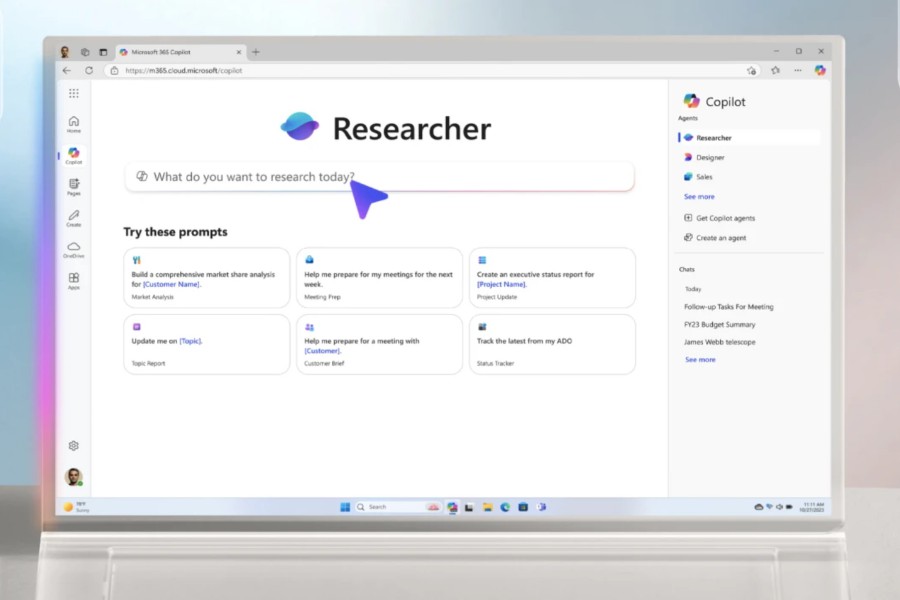
Microsoft is late to the party, but it is finally bringing a deep research tool of its own to the Microsoft 365 Copilot platform across the web, mobil

Our review of the M4 MacBook Air has just dropped, and it’s fair to say it’s one of the best laptops money can buy. For the first time ever, we gave i

Google’s AI efforts are synonymous with Gemini, which has now become an integral element of its most popular products across the Worksuite software an
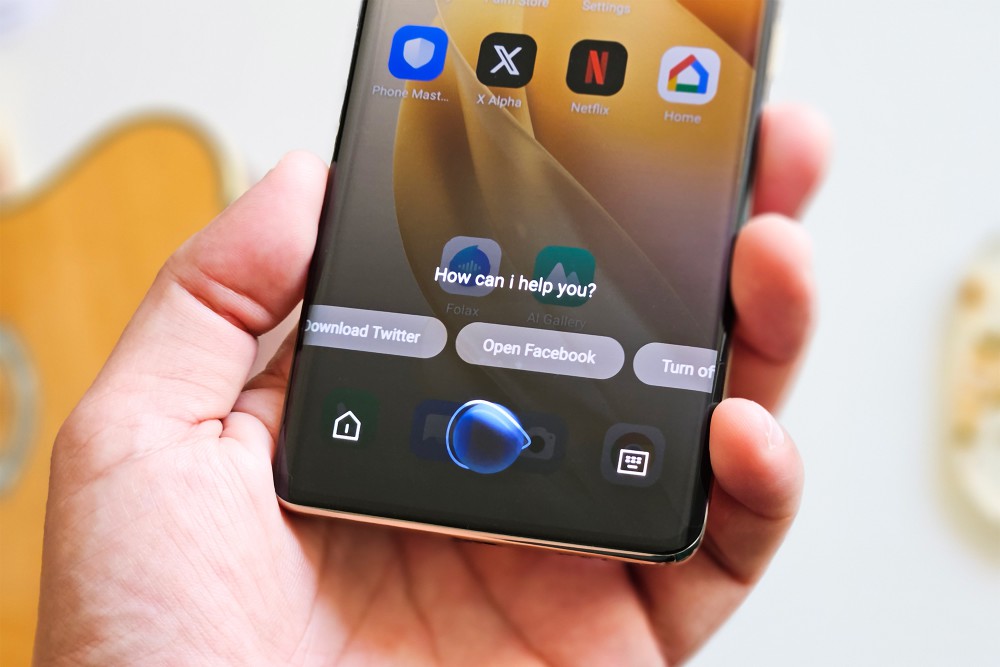
If you are an Android user wanting to avoid Google Gemini as your default digital assistant, you’re in luck! The latest beta version of ChatGPT allows

Meta wants a piece of the pie — a big piece — when it comes to generative AI. As part of its long-term strategy to embed itself in every part of our l

The AI frenzy has gripped every smartphone maker in 2025. Unfortunately, not all of it has been as revolutionary as on-stage presentations would have
We are a comprehensive and trusted information platform dedicated to delivering high-quality content across a wide range of topics, including society, technology, business, health, culture, and entertainment.
From breaking news to in-depth reports, we adhere to the principles of accuracy and diverse perspectives, helping readers find clarity and reliability in today’s fast-paced information landscape.
Our goal is to be a dependable source of knowledge for every reader—making information not only accessible but truly trustworthy. Looking ahead, we will continue to enhance our content and services, connecting the world and delivering value.